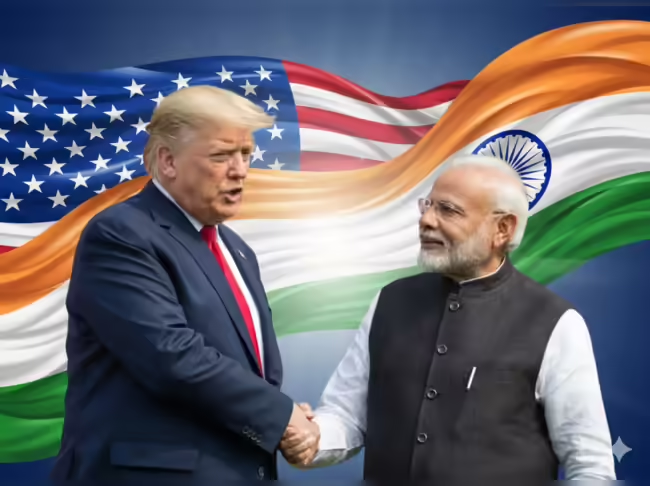Former Kakamega Senator Cleophas Malala was arrested today for scripting the play Echoes of War, performed by Butere Girls High School, which has sparked significant controversy due to its critical portrayal of governance and youth activism. The arrest has reignited debates about freedom of expression in Kenya, with many viewing it as an attempt to suppress artistic dissent.
The play, which reflects themes from the 2024 Gen Z protests against economic hardship and governance issues, was initially banned from the Kenya National Drama and Film Festival. According to a report by Tuko.co.ke on April 7, 2025, the ban was lifted following public outcry, with Basic Education Principal Secretary Julius Bitok confirming that the issues surrounding the play had been resolved, allowing Butere Girls to perform at the festival in Nakuru. However, the play’s reinstatement did not shield Malala from legal repercussions.
Images circulating on X show Malala being apprehended by authorities, with one photo capturing him speaking at an event before his arrest and another showing him in a vehicle during the arrest. The X post by Kenya Gossip Hub (
@kenyasgossips
) at 17:10 UTC on April 9, 2025, broke the news, stating, “BREAKING: Cleophas Malala arrested for scripting a play, ECHOES OF WAR performed by Butere Girls.” Follow-up posts revealed that the play had been banned by the Kenya Kwanza administration, with some alleging that influential government figures were behind the initial censorship.
Public reaction on X has been mixed but largely critical of the arrest. User
@G_Natembeya026
stated, “Please Mr President the era of using police officers to intimidate divergent opinions is over, the spirit of liberation is well irrigated in the hearts of Gen Z.” Another user,
@lindahoguttu
, criticized the arrest as a misstep, noting, “Arresting Malala means renewed interest in the play and gives Malala the microphone.” Some, like
@_shaarlyy
, defended Malala’s work, arguing, “Literature is art and art is subjective. This is wrong, he was just expressing art.”
The arrest comes amid broader concerns about political censorship in Kenya. A Tuko.co.ke opinion piece published on April 8, 2025, highlighted the increasing suppression of media and artistic expression, with experts like Wilfred Mugambi warning of a “regression to autocracy cloaked in the language of law and order.” This incident echoes past cases, such as the 2018 ban of the film Rafiki by the Kenya Film Classification Board for its LGBTQ+ themes, a decision later upheld by the High Court despite arguments that it violated constitutional protections for freedom of expression.
Malala’s arrest has also drawn comparisons to the 2024 Gen Z protests, which were triggered by the controversial Finance Bill and exposed deep-seated grievances over corruption, unemployment, and governance. A report by the Carnegie Endowment for International Peace on August 22, 2024, noted that these protests marked an inflection point for Kenya, with youth demanding systemic change. The play Echoes of War appears to channel these sentiments, making Malala’s arrest a flashpoint in the ongoing struggle for civil liberties.
As the National Drama and Film Festival continues in Nakuru, the spotlight remains on Echoes of War and the broader implications of Malala’s arrest. Many are now calling for stronger protections for artistic freedom, with some on X warning of a potential “revolution” if such suppressions persist. Kelele Hub will continue to monitor this developing story.
For more updates, follow Kelele Hub on X and join our WhatsApp channel for real-time news.



